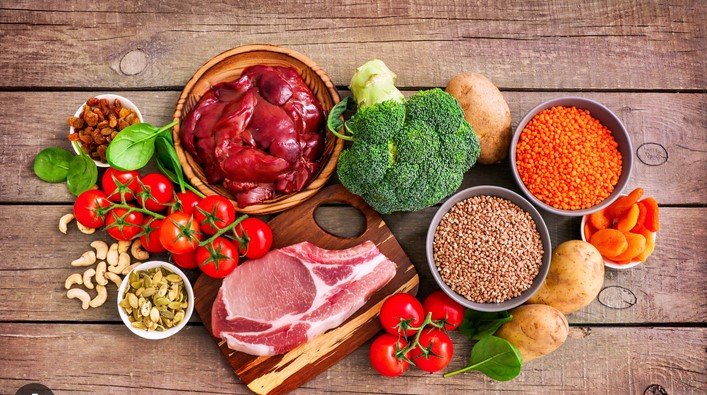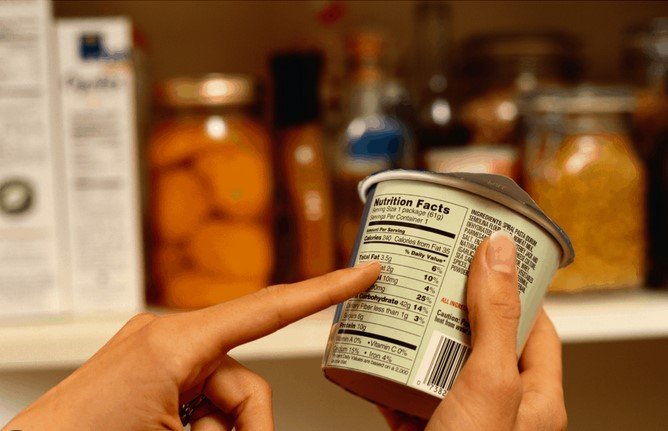Feeling sluggish or low on energy can impact your daily productivity and mood. The food you eat plays a significant role in how energized you feel throughout the day. By fueling your body with the right nutrients, you can boost your energy levels, stay focused, and maintain steady stamina. In this post, we’ll explore simple nutrition tips to help you optimize your diet for more energy.

Focus on Balanced Meals
To maintain energy throughout the day, it’s essential to eat balanced meals. This means including a mix of carbohydrates, protein, and healthy fats. Carbohydrates provide quick energy, protein supports sustained energy, and healthy fats give long-lasting fuel. A balanced meal keeps your blood sugar levels steady and prevents energy crashes.
For example, pair whole grains (like oats or brown rice) with lean proteins (such as chicken, tofu, or legumes) and healthy fats (like avocado or nuts) for a complete meal that fuels your body for hours. Avoid meals that are too high in refined sugars or processed foods, as these can lead to rapid energy spikes followed by crashes.
Stay Hydrated Throughout the Day
Dehydration can quickly lead to feelings of fatigue and sluggishness. Staying hydrated is one of the easiest ways to keep your energy levels high. Water supports numerous bodily functions, including nutrient transport, digestion, and temperature regulation, all of which contribute to maintaining energy.
Aim to drink at least eight glasses of water a day, more if you’re physically active or in a hot climate. Herbal teas or water-rich foods like fruits and vegetables can also contribute to your hydration. Avoid sugary drinks and excessive caffeine, as they can dehydrate you and disrupt your energy levels.
Include Iron-Rich Foods
Iron is crucial for energy production because it helps carry oxygen in your blood to your muscles and tissues. A lack of iron can lead to fatigue and weakness. To prevent iron deficiency, include iron-rich foods in your diet such as spinach, lentils, beans, lean meats, and fortified cereals.
Pair iron-rich foods with a source of Vitamin C—like citrus fruits or bell peppers—because Vitamin C helps your body absorb iron more effectively. For those on plant-based diets, consider iron supplements if needed, but always consult a healthcare provider before taking any.
Eat Regularly to Stabilize Blood Sugar
Skipping meals or going too long without eating can lead to a dip in blood sugar levels, which often results in fatigue. To maintain a consistent flow of energy, eat smaller meals more frequently throughout the day. Ideally, you should eat every 3-4 hours to keep your blood sugar levels stable.
For snacks, opt for options that combine protein and healthy fats. For example, pair apple slices with peanut butter, or enjoy a handful of nuts with a piece of dark chocolate. These snacks provide a steady release of energy and help you avoid the energy slump that comes from eating sugary or processed foods.
Avoid Excessive Caffeine and Sugar
While caffeine and sugar can provide a quick energy boost, they often lead to a crash later on. Too much caffeine can also interfere with sleep, which in turn affects your energy levels the following day. To maintain steady energy, limit your caffeine intake and choose healthier alternatives, such as green tea or herbal teas, which provide a gentler energy boost without the jitters.
Similarly, avoid sugary snacks and drinks that give you a quick rush of energy but cause a sharp drop in blood sugar afterward. Instead, opt for natural sugars from fruits, which provide more stable energy due to their fiber content.
Get Enough B Vitamins
B vitamins are essential for energy production, as they help your body convert food into usable energy. A deficiency in B vitamins can leave you feeling tired and sluggish. To ensure you’re getting enough, include foods like whole grains, leafy greens, eggs, nuts, and seeds in your diet.
B vitamins also support brain function, so eating enough of them can improve focus and concentration. If you’re feeling particularly tired, consider including a B-complex supplement, but be sure to check with a healthcare provider before adding supplements to your routine.
Conclusion
Boosting your energy levels through nutrition is a simple yet effective way to feel more vibrant and focused. By focusing on balanced meals, staying hydrated, and including nutrient-dense foods like iron-rich and B vitamin-packed options, you can support your body’s natural energy production. Avoiding excessive sugar and caffeine, eating regularly, and making mindful food choices can help keep your energy levels steady throughout the day. Implement these nutrition tips, and you’ll notice a significant difference in how energized you feel.











